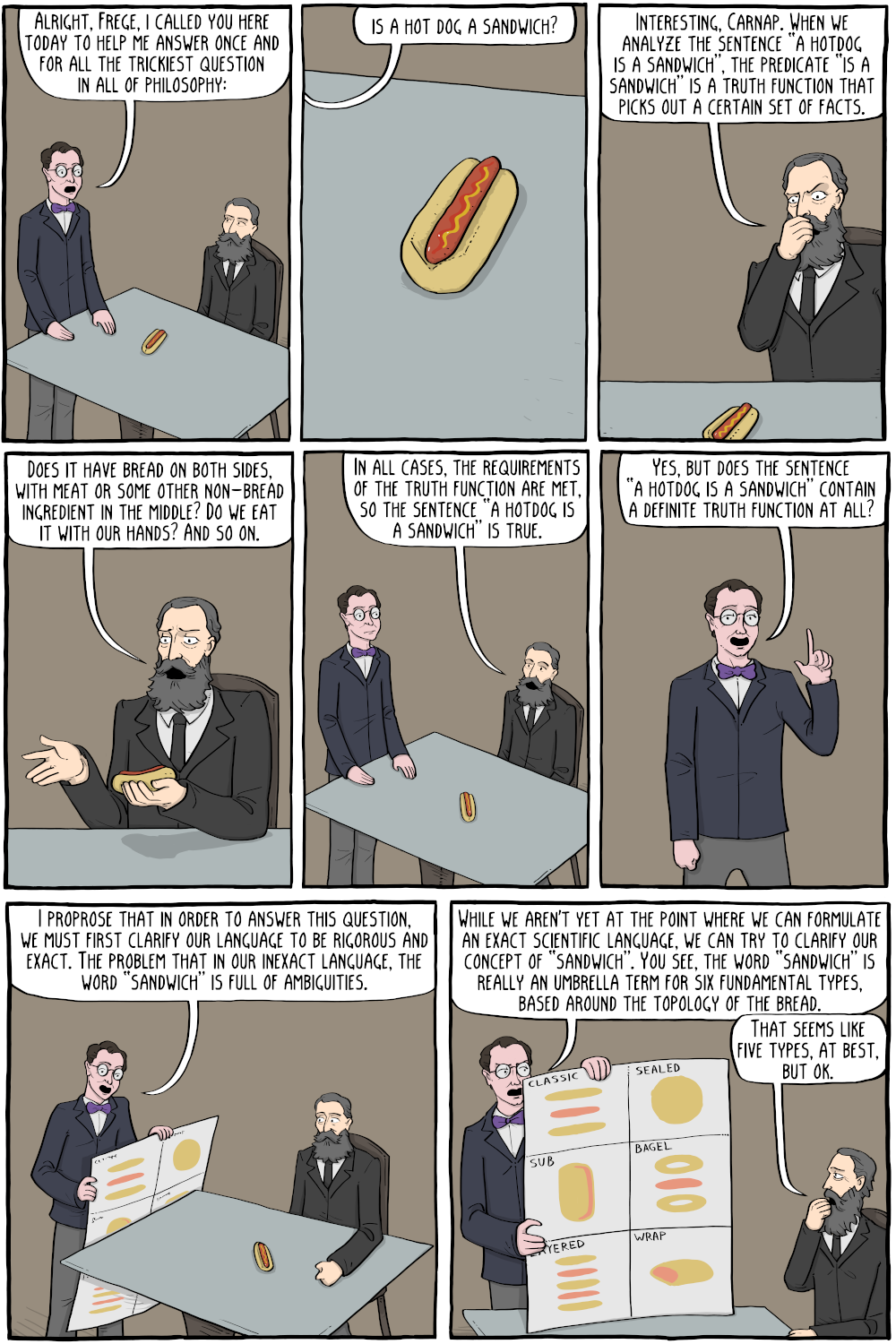You are using an out of date browser. It may not display this or other websites correctly.
You should upgrade or use an alternative browser.
You should upgrade or use an alternative browser.
D&D 5E (2014) Spell focus needs an errated rule
- Thread starter UngeheuerLich
- Start date
Read the spellcasting focus rules?Specific beats general.
This entry is very specific in that it says you can use one of these objects as a spell casting focus when you cast Bard spells. It does not say Bard spells with a material component.
They describe what it means to be a spellcasting focus and when you can use them. And they only permit using them when replacing M components, and only focuses that work with that kind of spell.
They are worded poorly.
You can fix them, but that fact doesn't mean the rules say that.
I get that the spellcasting focus rules are dumb, so don't play with them as written.
Last edited:
What the Focus rules say is ultimately irrelevant in this case. That is a general rule for using a Focus to replace a Material component.Read the spellcasting focus rules?
They describe what it means to be a spellcasting focus and when you can use them. And they only permit using them when replacing M components, and only focuses that work with that kind of spell.
They are worded poorly.
You can fix them, but that fact doesnpt mean the rules say that.
I get that the spellcasting focus rules are dumb, so don't play with them as written.
The specific rule is that you can use this specific type of focus to cast your Bard spells and then add that 1d6 extra healing.
Mistwell
Crusty Old Meatwad
Except there is no specific rule saying that?What the Focus rules say is ultimately irrelevant in this case. That is a general rule for using a Focus to replace a Material component.
The specific rule is that you can use this specific type of focus to cast your Bard spells and then add that 1d6 extra healing.
The theme of this thread is correct: it badly needs errata.
Flamestrike
Legend
I actually looked it up, and the rule was "no", but it got errated...
Is that errata applicable to this case as well?
Sword of Spirit
Legend
By the book, maybe, sorta, kinda, but not worth doing.You can still use a focus even if the spell doesn't require that you use one.
Right?
I'm not understanding the issue.
According to Jeremy Crawford (at one point, he may have changed his mind since), you can only supply somatic components with the same hand as a spell focus if that spell requires material components. While a case could be made that magic implements (or this college of spirits feature) could still be benefitted from, they couldn’t be used in your somatic gestures hand.
If a spell doesn‘t require a material component but does require a somatic component, you have to use an empty hand for it. Its the height of annoying, but that‘s how it the designer ruled that RAW should be interpreted.
Paul Farquhar
Legend
As proof that this does need to be clarified, Jeremy Blum writing for D&D Beyond interprets it like this: "It specifies that you can only add a d6 to a spell that is cast through the focus. This means the spell must require material components. Spells such as Vicious Mockery and Healing Word won't benefit from this subclass feature as they only require verbal components. " Source: Bard 101: College of Spirits in Van Richten's Guide to Ravenloft.
However, in the same article, Blum says: "If you need to deal more damage, you can learn a spell such as Inflict Wounds, which synergizes with Spiritual Focus to deal an extra 1d6 of damage." Inflict Wounds does not require a material component!
If WotC employees are confused, then what hope for anyone else!
However, in the same article, Blum says: "If you need to deal more damage, you can learn a spell such as Inflict Wounds, which synergizes with Spiritual Focus to deal an extra 1d6 of damage." Inflict Wounds does not require a material component!
If WotC employees are confused, then what hope for anyone else!
UngeheuerLich
Legend
No. Specific to the instrument of the bards.Is that errata applicable to this case as well?
Also even though only semi official, the reading of the level 6 feature is the same as mine.
Ehhh... I don't see it.Except there is no specific rule saying that?
The theme of this thread is correct: it badly needs errata.
What I do see is people diving deep into the game's wording to try and play Carnap and Frege.

Is a Hotdog a Sandwich? A Definitive Study.
A philosophy webcomic about the inevitable anguish of living a brief life in an absurd world. Also Jokes
Be Wittgenstein.
The developers clearly intended for the Bard's healing spells to gain the 1d6, independent of whether they had a material focus for their healing spells. This isn't rocket surgery.
I'd wager that the overwhelming majority of players aren't going to split hairs over the definitions because this isn't 4e with it's hard-definition keyword focus.
Paul Farquhar
Legend
Unless they go on the official D&D beyond website, and see how WotC interpret it...I'd wager that the overwhelming majority of players aren't going to split hairs over the definitions because this isn't 4e with it's hard-definition keyword focus.
And I'm pretty sure that means it's going to be an issue for AL DMs.
Similar Threads
- Replies
- 35
- Views
- 12K
D&D 5E (2024)
The Artificer. Class Review And Thoughts.
- Replies
- 39
- Views
- 8K
- Replies
- 72
- Views
- 23K
- Replies
- 47
- Views
- 5K
D&D 5E (2024)
Class Tier List 1 Year Later.
- Replies
- 96
- Views
- 17K
Recent & Upcoming Releases
-
June 18 2026 -
October 1 2026


